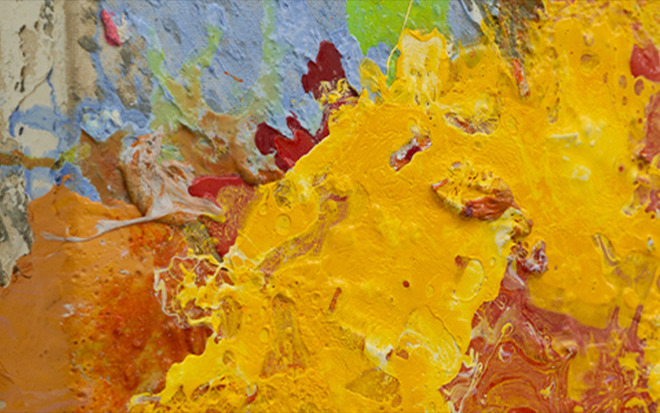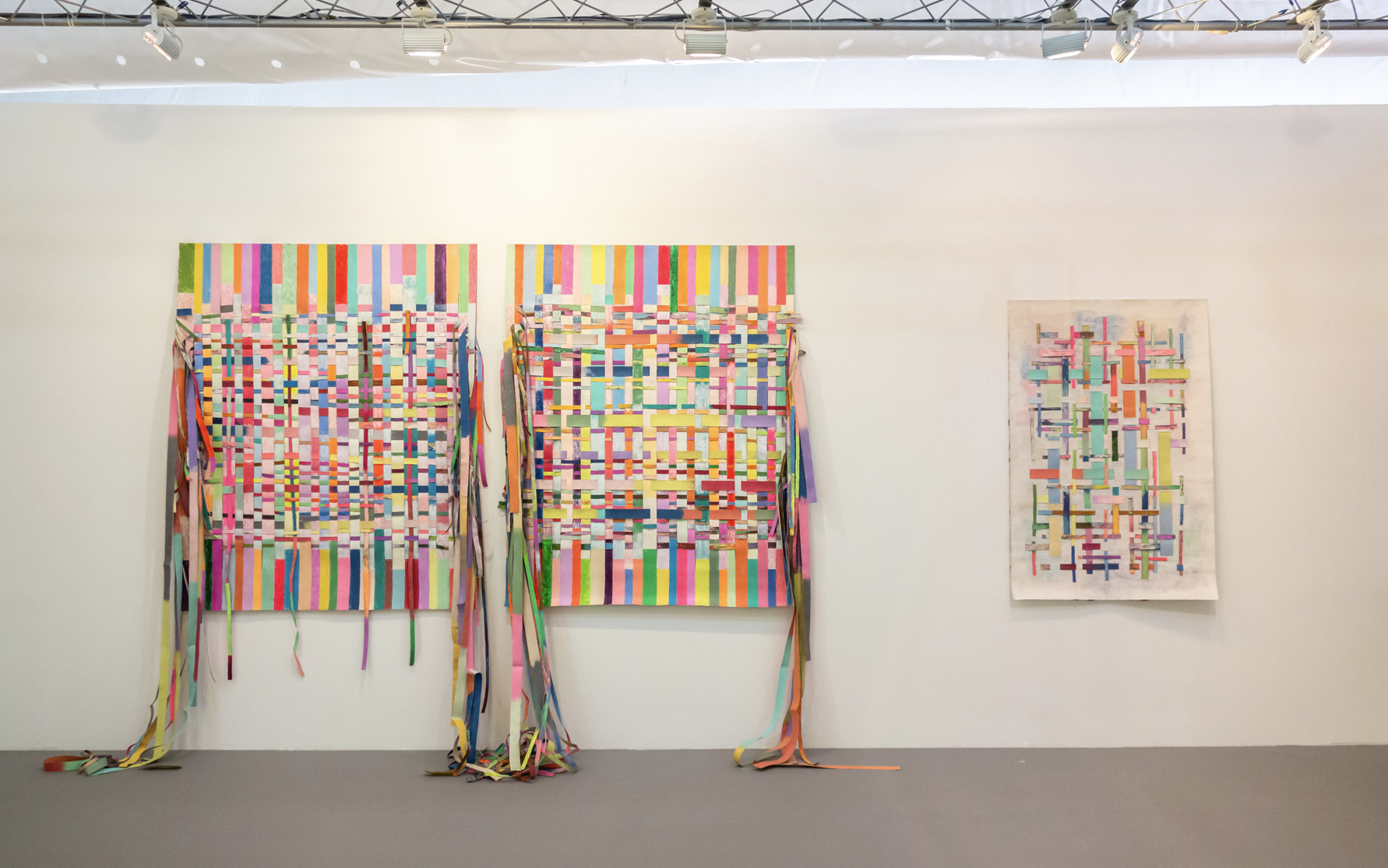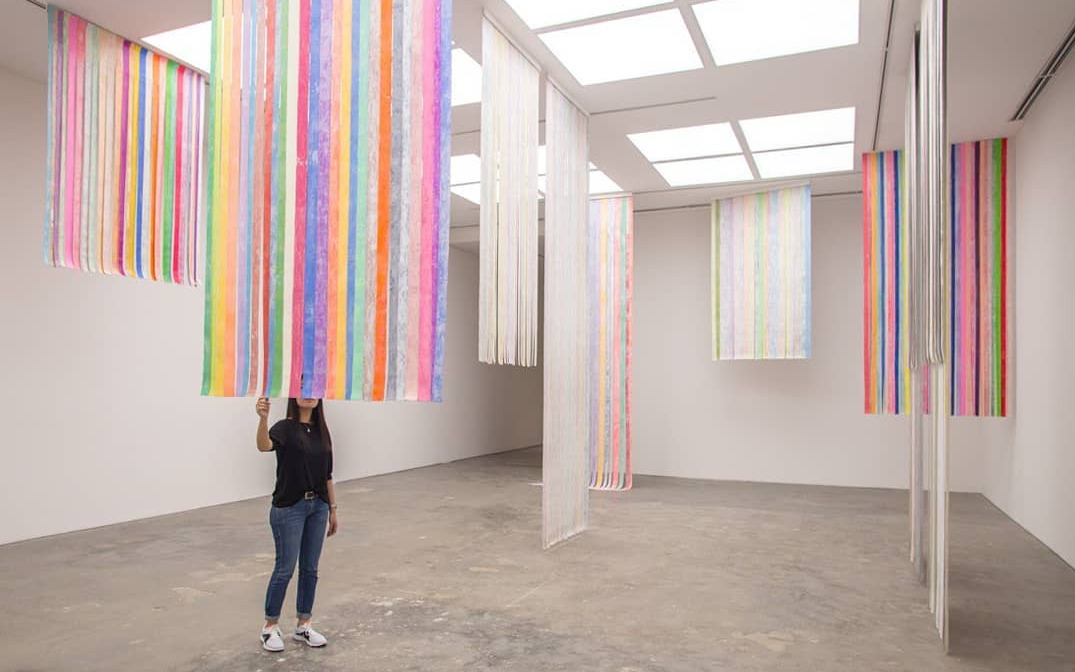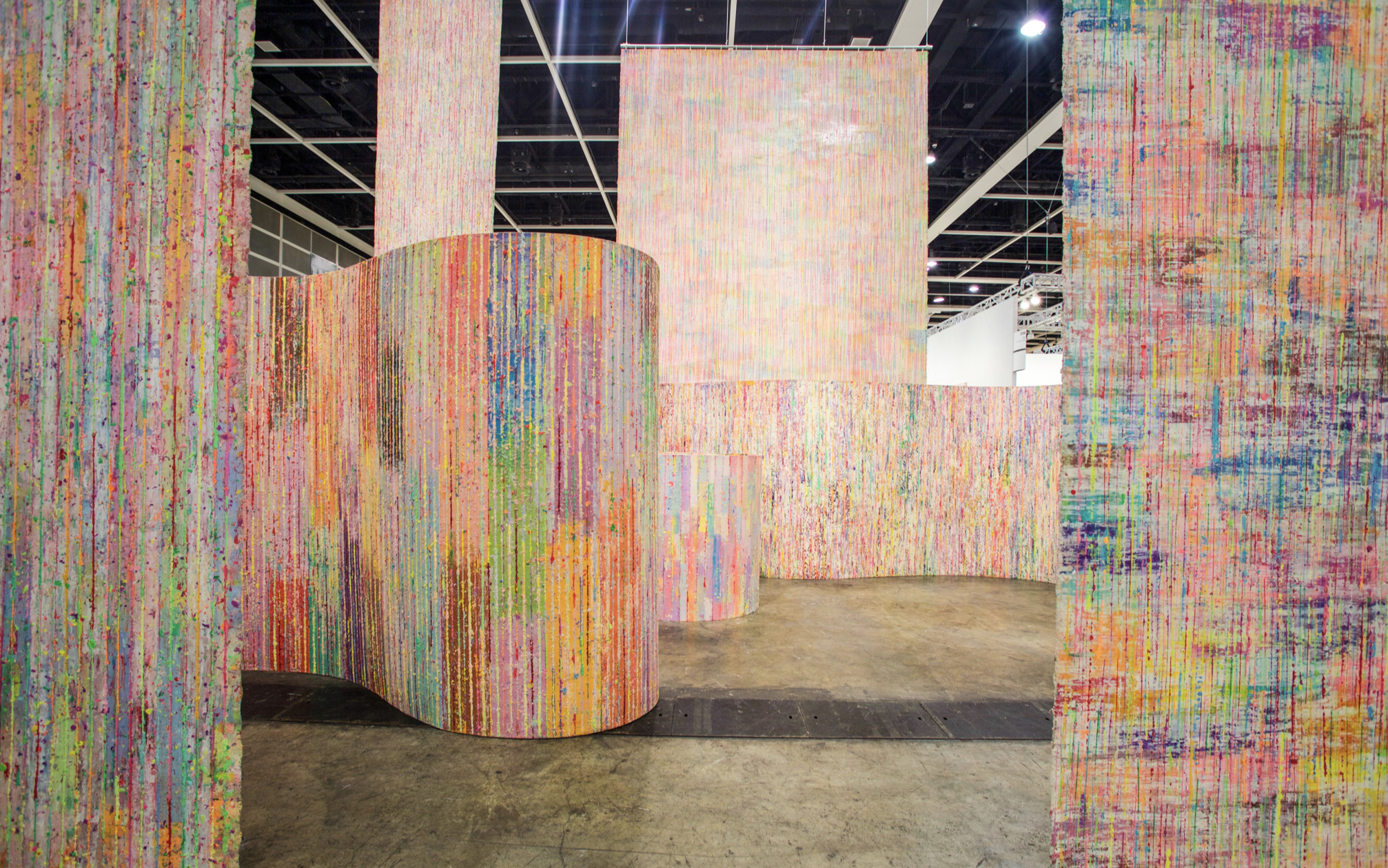
Mit Jai Inn
Bio
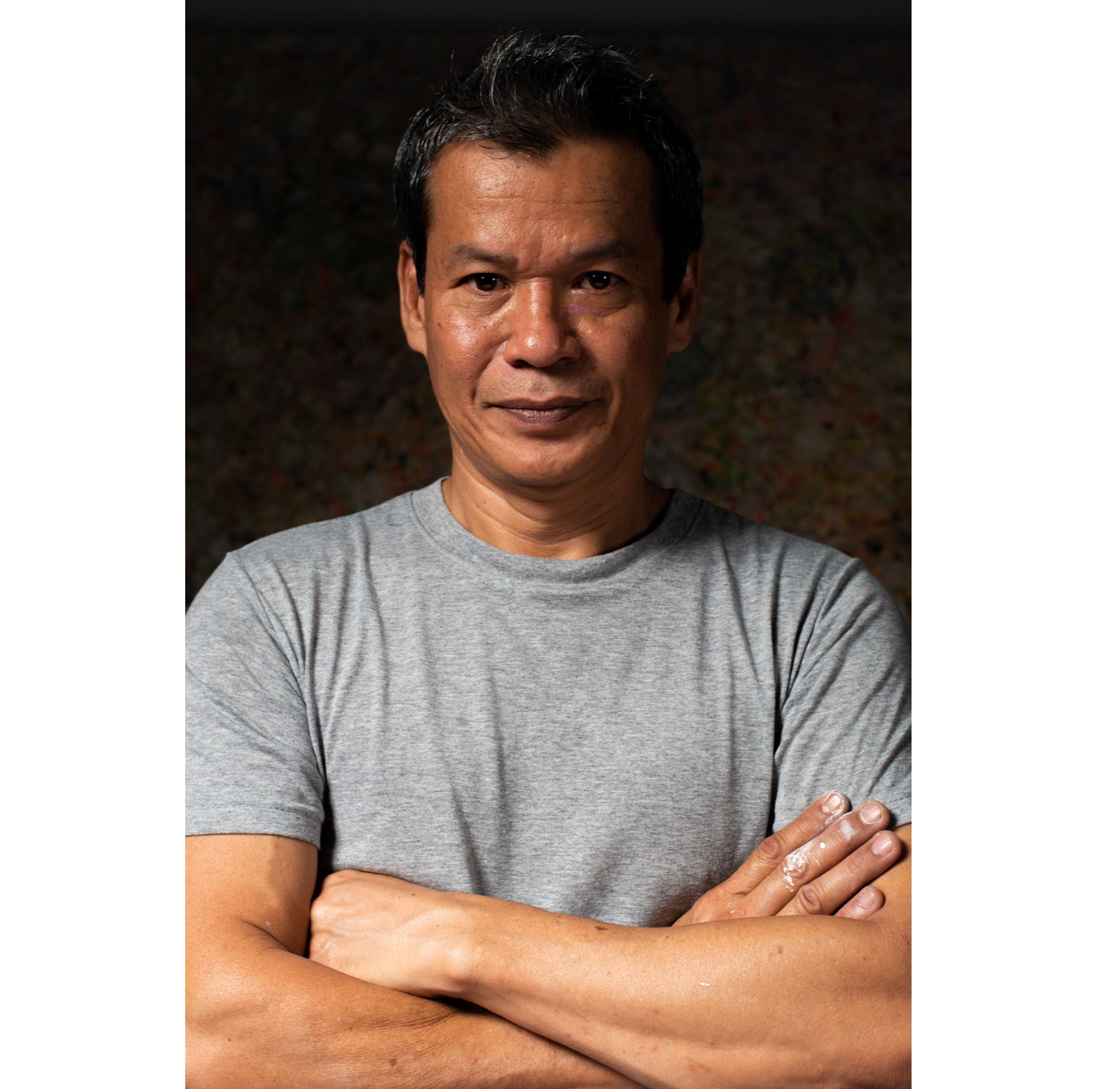
Mit Jai Inn (b. 1960, Buak Khang, Thailand; lives and works in Chiang Mai) is a prominent contemporary artist celebrated for his distinctive color-based artworks. Employing palette knives, hands, and fingers, Mit creates vibrant, densely layered pieces that defy conventional boundaries of painting, embodying both manual and optical labor.
Rooted in a rigorous physicality, his works serve as a channel for responding to aesthetic, social, and political contexts. His practice reflects a diverse range of histories, from traditional divisions between 'Western' and 'Eastern' painting to Thailand's shifting political landscape. Since returning to Thailand in 1992, Jai Inn has been involved in socially and politically engaged art campaigns. He was a co- founder of three non-institutional initiatives central to Thai art practice and discourse: Chiang Mai Social Installation, the Midnight University and The Land Foundation. In 2015, he founded Cartel Artspace in Bangkok, a gallery that gives free space to artists reflecting on the country and region's political history and current context. In 2017, he co-initiated the independent Bangkok Biennale.
His traveling institutional solo show, Dreamworld #dreammantra, is on view at MAIIAM Contemporary Art Museum (Chiang Mai) through April 2024; the exhibition was previously on view at Ikon Gallery (Birmingham), England, and the Jim Thompson Art Center (Bangkok). Mit Jai Inn’s work has been included in international solo and group exhibitions at TKG+ (Taipei), Kaohsiung Museum of Fine Arts (Kaohsiung), Mori Art Museum (Tokyo), and Palais de Tokyo (Paris). He has also participated in the Aichi Triennale in Japan, the 21st Biennale of Sydney, Cockatoo Island in Australia, the Singapore Biennale, and the Yokohama Triennale.
Selected Works
Selected Works
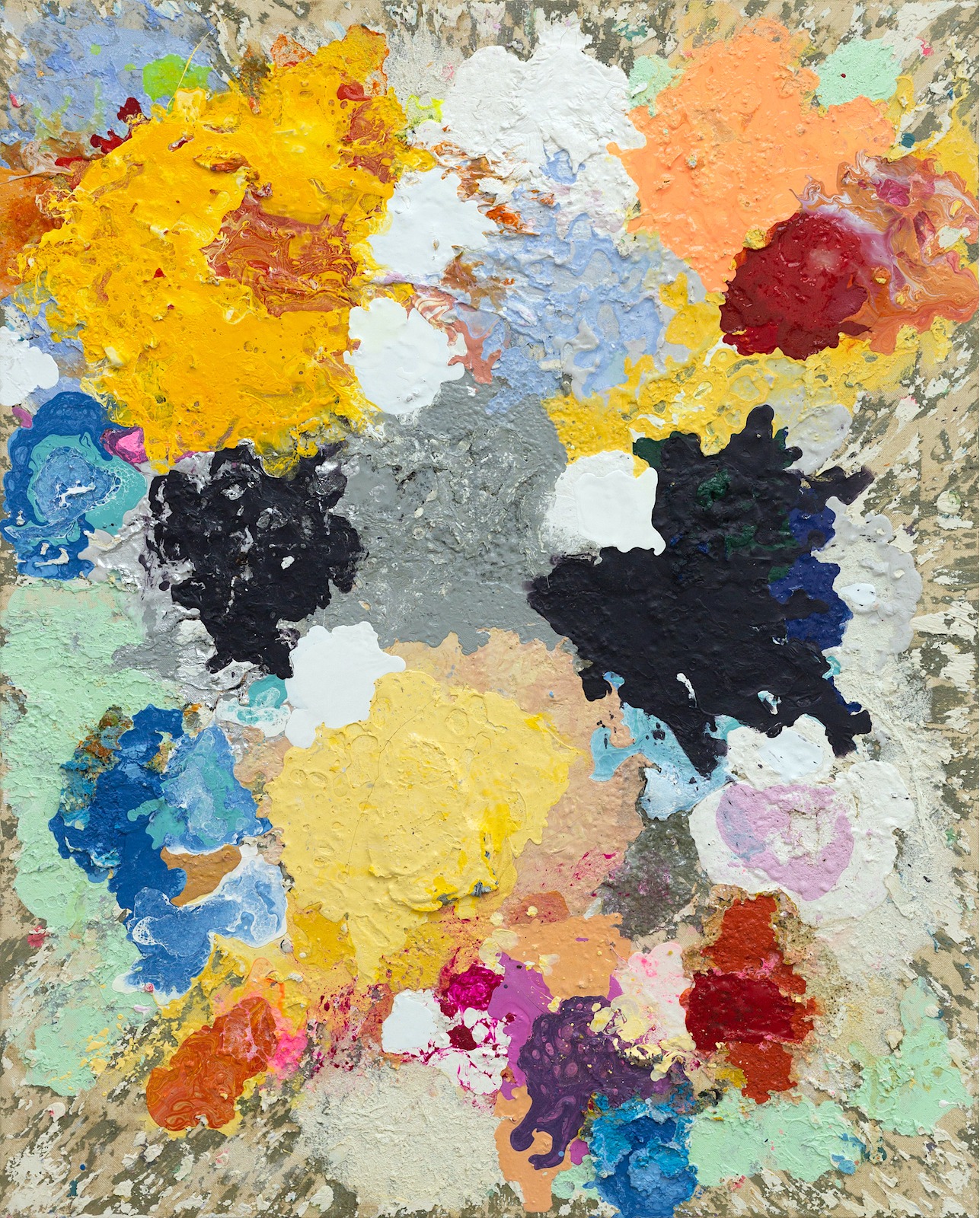
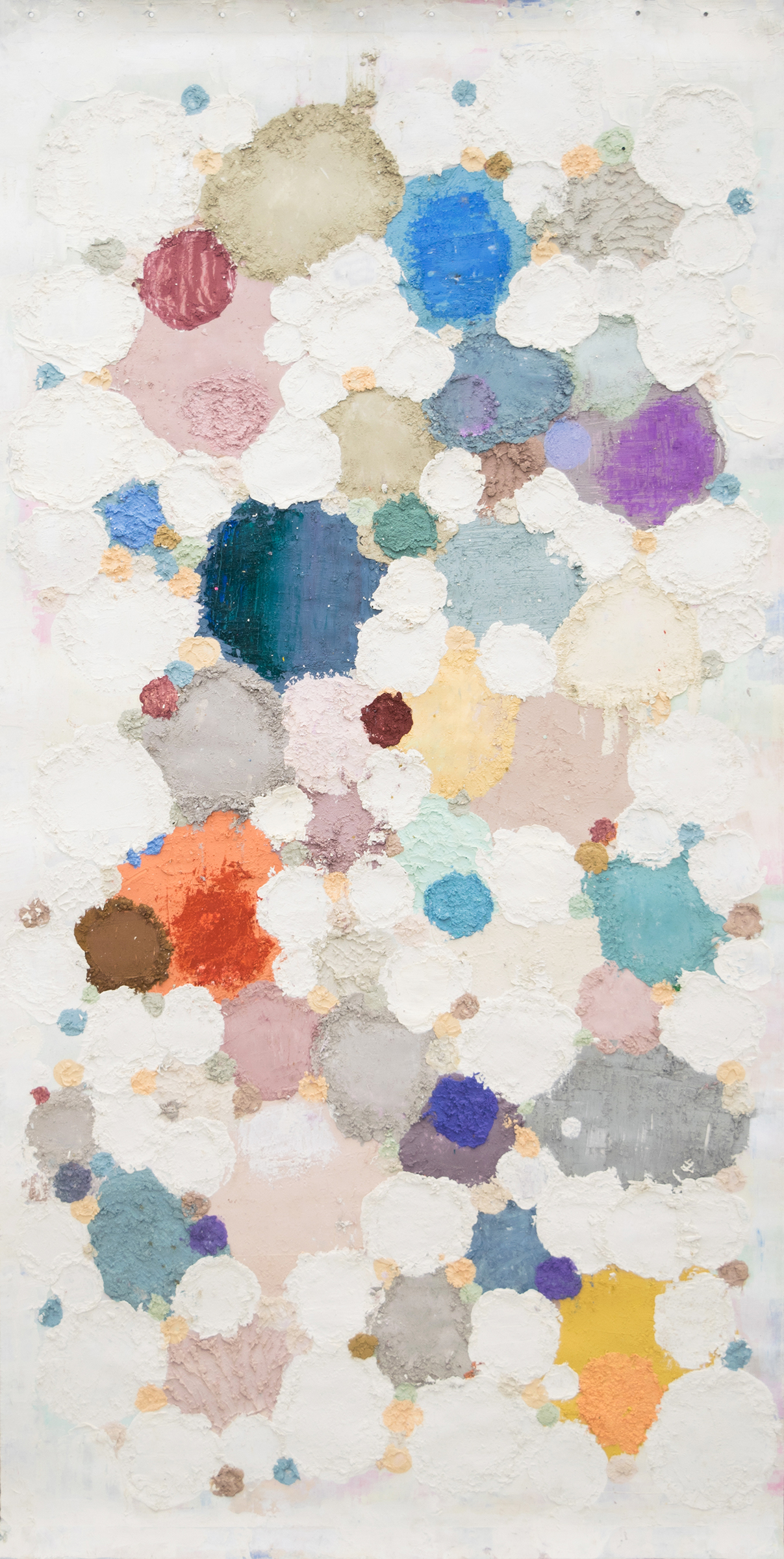
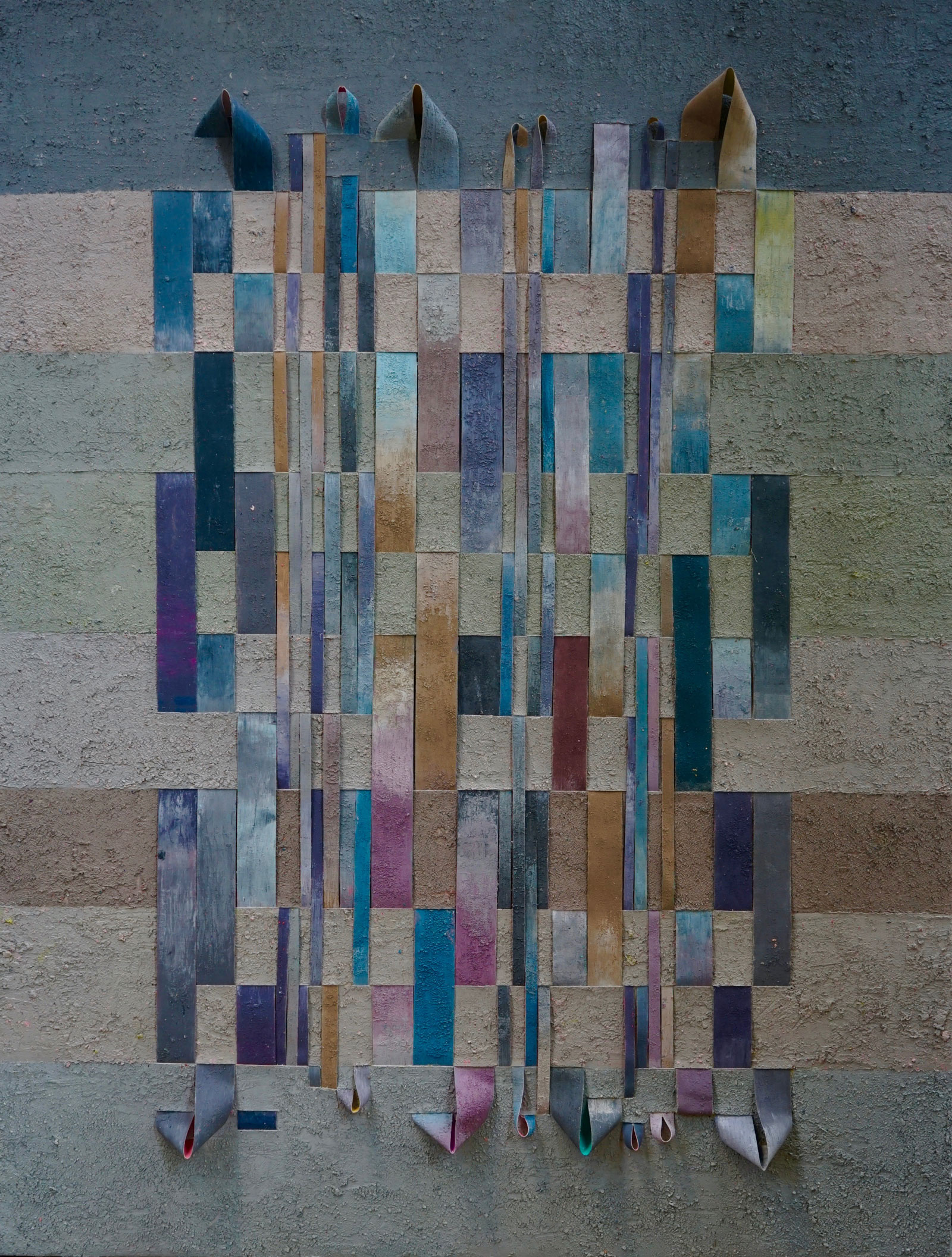
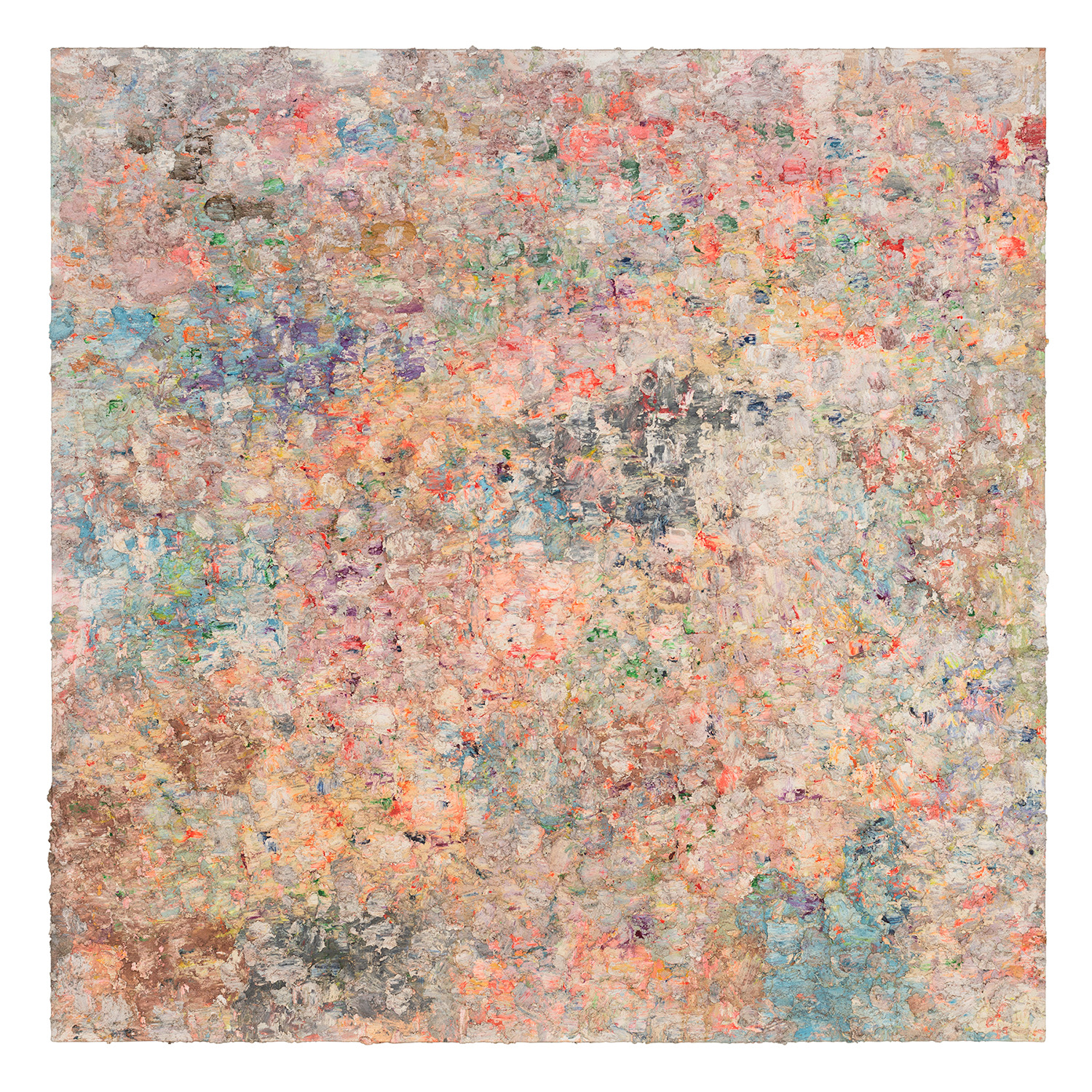
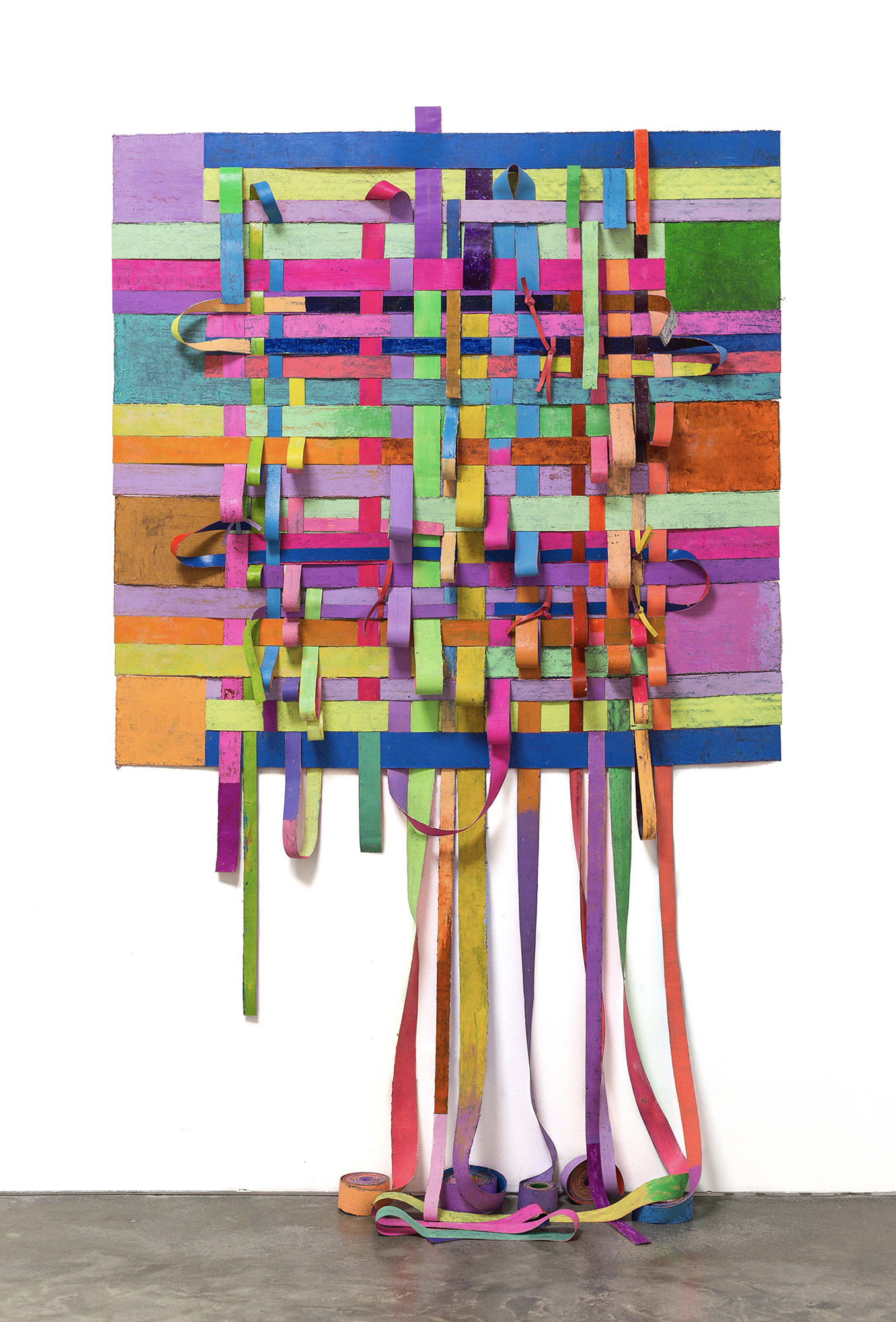
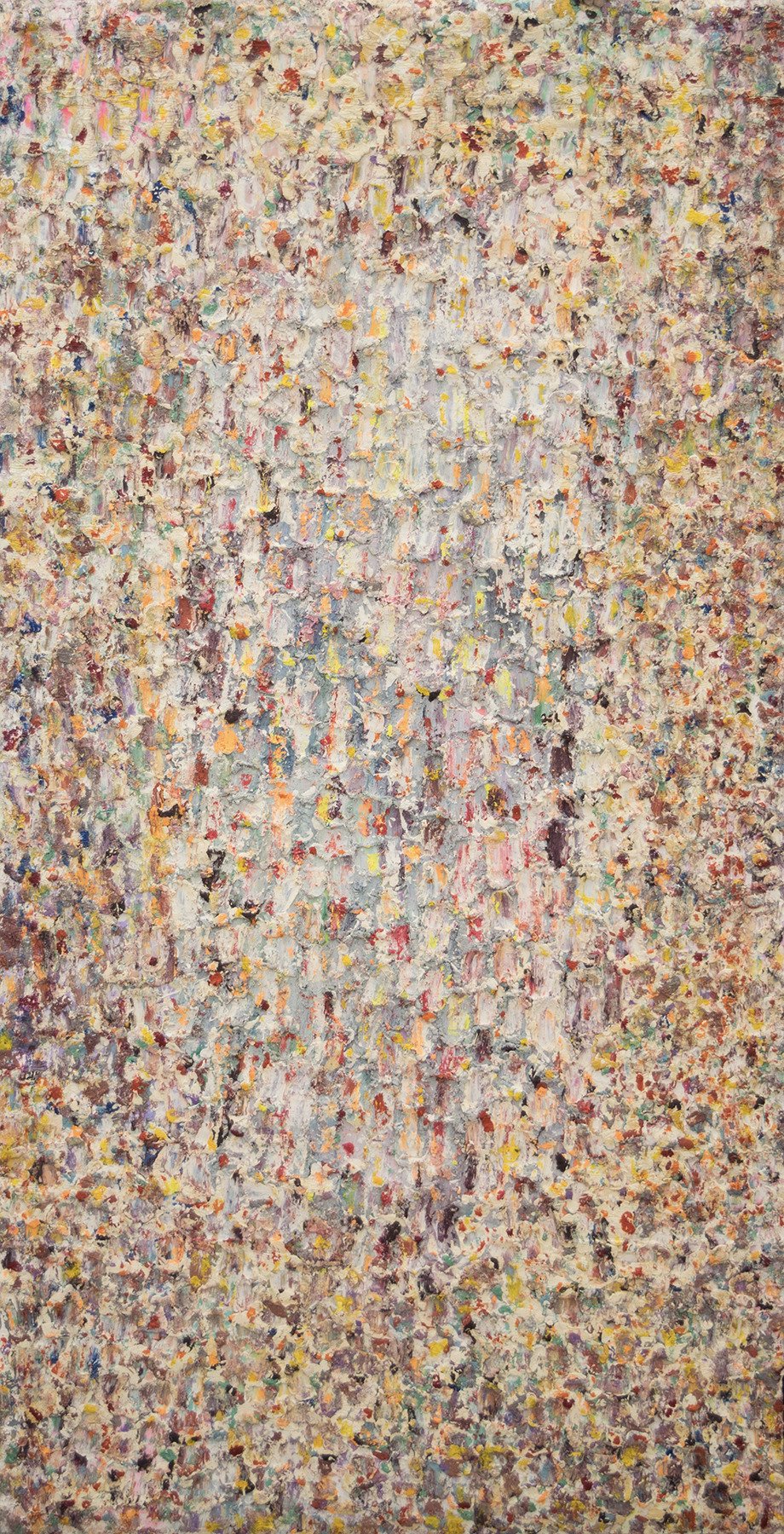
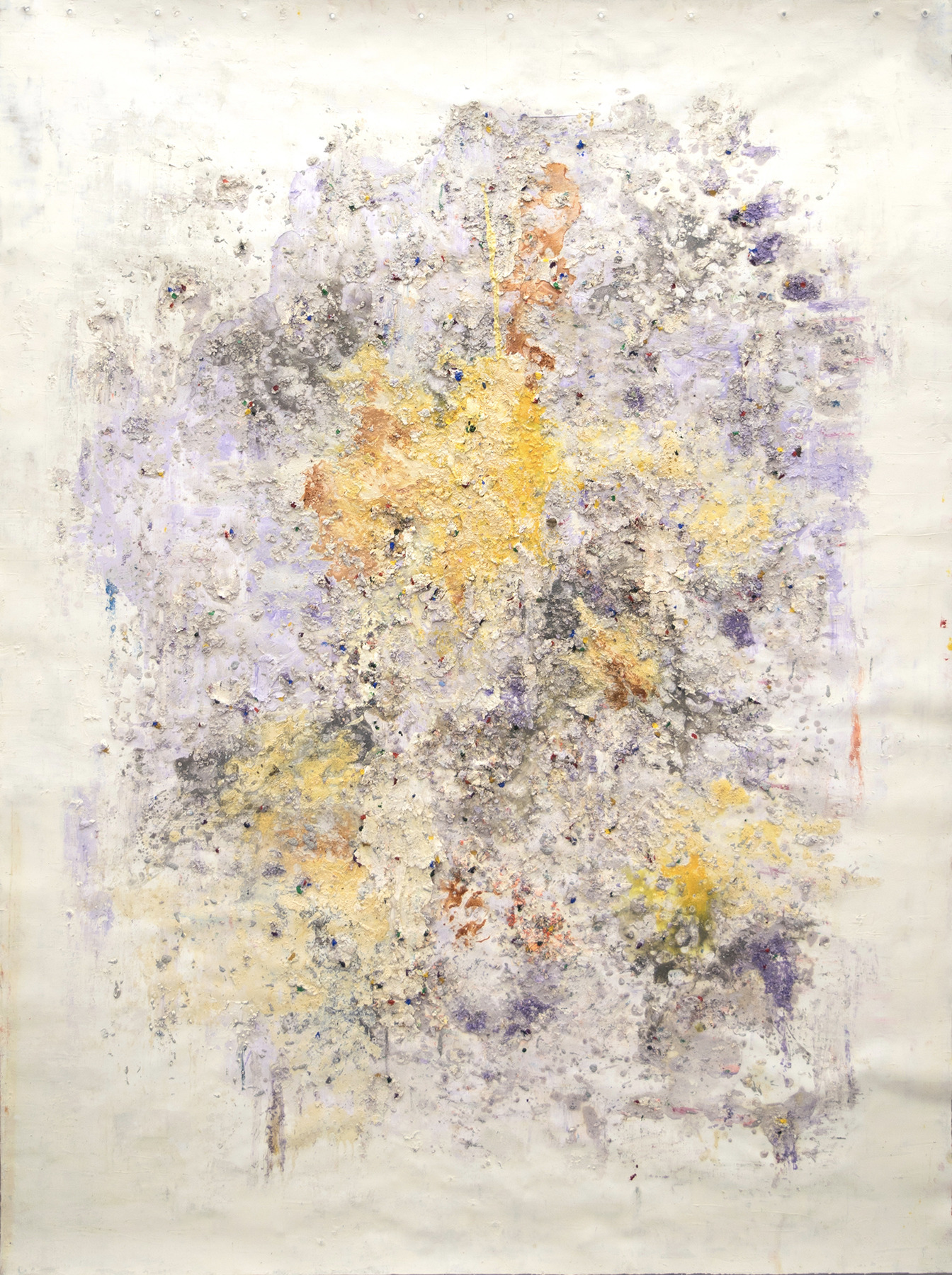
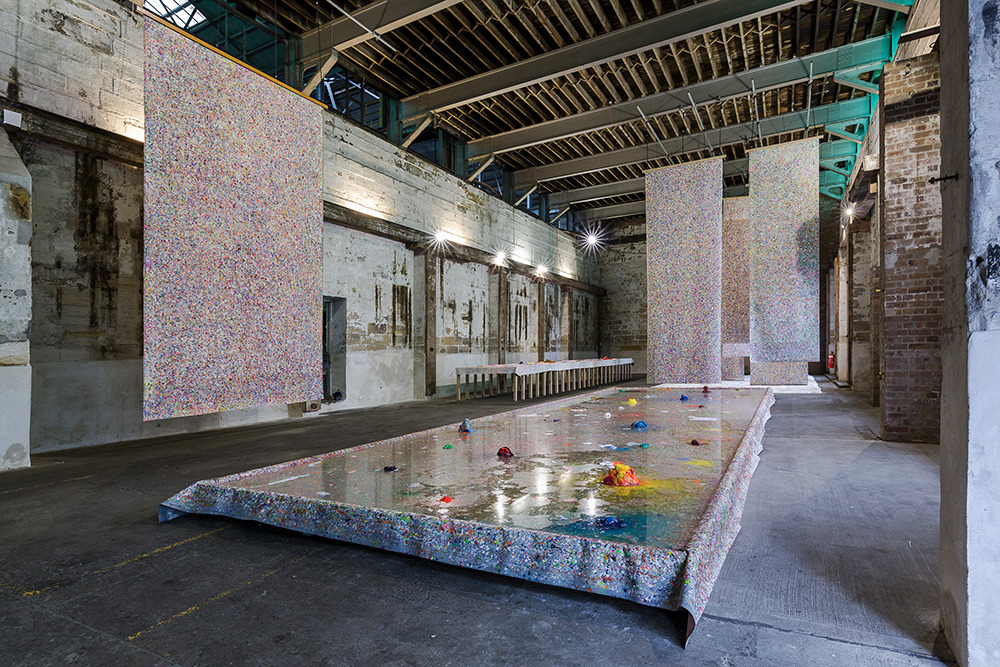
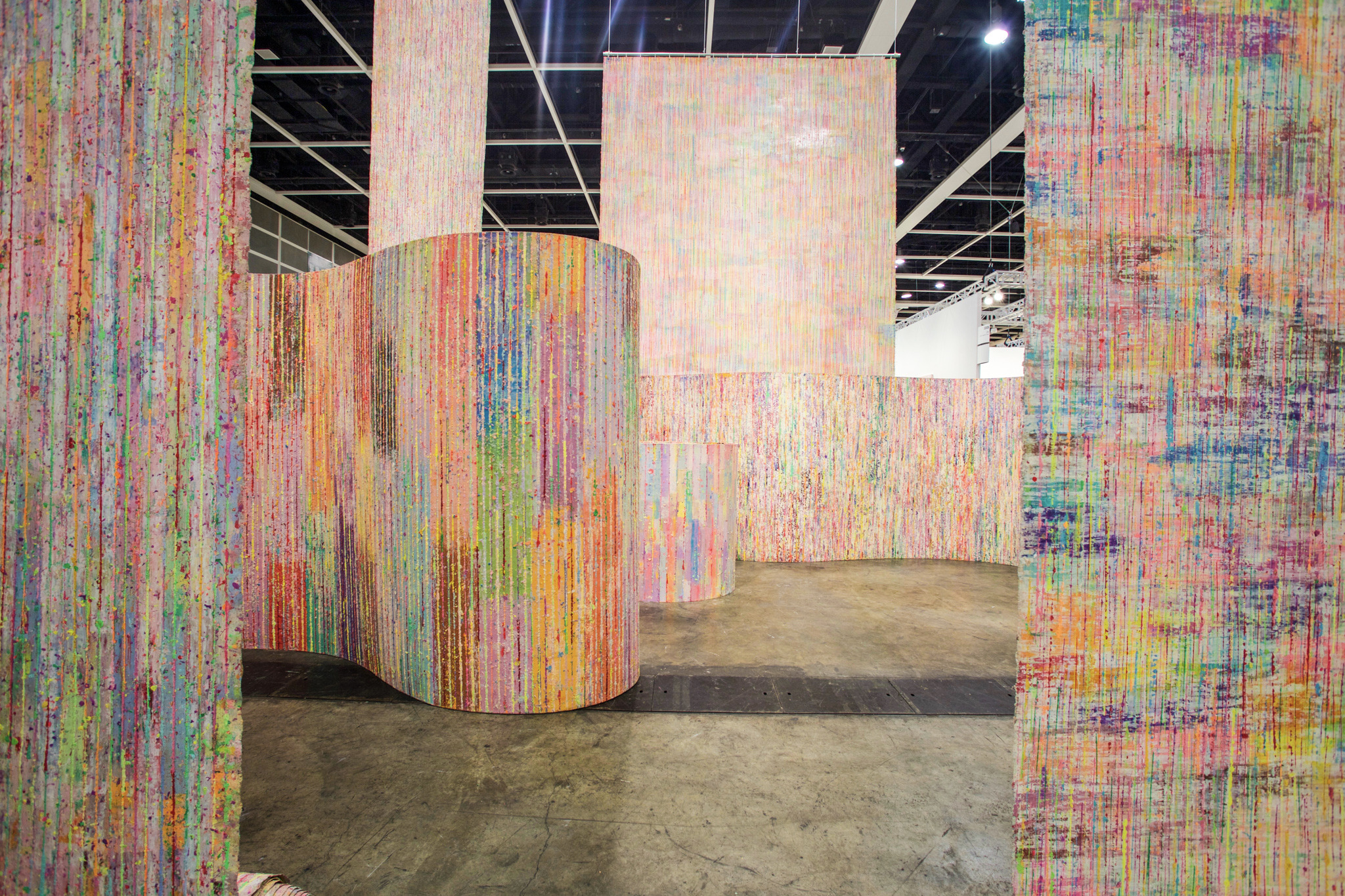
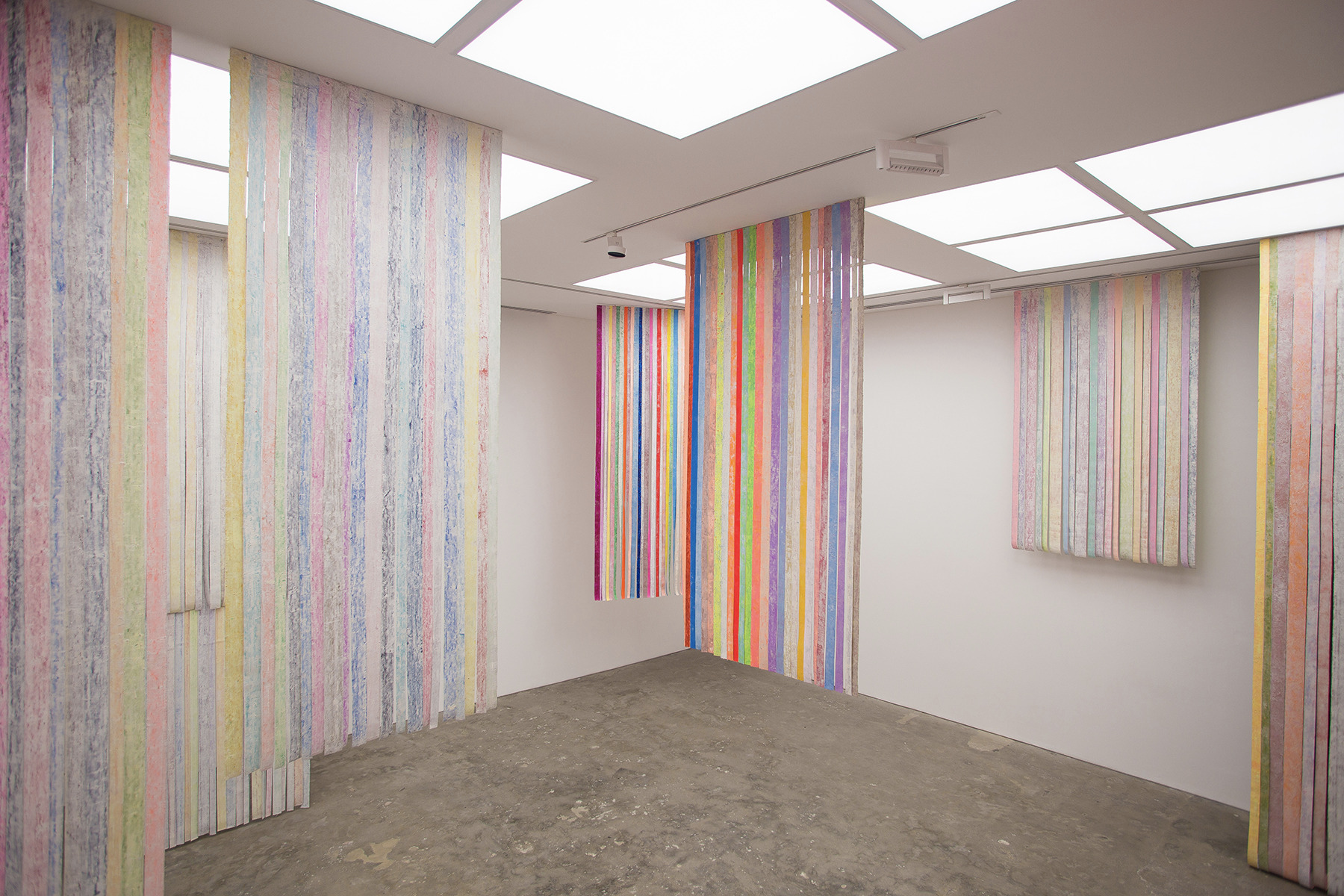
Installation view from 'Actants' (2019) at Silverlens, Manila.
Selected Exhibitions
Selected Press
- Mit Jai Inn

- Miyoung Lee’s Top Picks from Frieze Seoul Viewing Room 2023

- About the Art: Translation Column

- Mit Jai Inn at Jim Thompson Art Center

- Dreamday

- Artist Mit Jai Inn: ‘My work is a process, a living condition, not painting’

- The 10 Best Booths at the Armory Show, From Pregnant Cyborgs to Sleek Figuration

- Aichi Triennale Announces Artists for 2022 Edition ‘Still Alive’

- Japan’s Closely Watched Exhibition, Aichi Triennale, Names Full Artist List for 2022

- S.E.A. Focus Fair In Singapore Shines A Spotlight On Southeast Asian Contemporary Art

- SEA Focus: Artwork Selections

- Breaking new ground, S.E.A. Focus puts Southeast Asian art in the global spotlight

- Mit Jai Inn: The Artwork as Gift

- Thai artist Mit Jai Inn imagines a brighter future with a dream-like world of colour

- Mit Jai Inn: Dreamworld

- Meet the artists exhibiting at Encounters, Art Basel Hong Kong

- Singapore's SEA Focus fair navigates censorship and Taipei Dangdai date clash

- These Southeast Asian Art Stars Need to Be on Your Radar

- Colouring in Caves with Mit Jai Inn

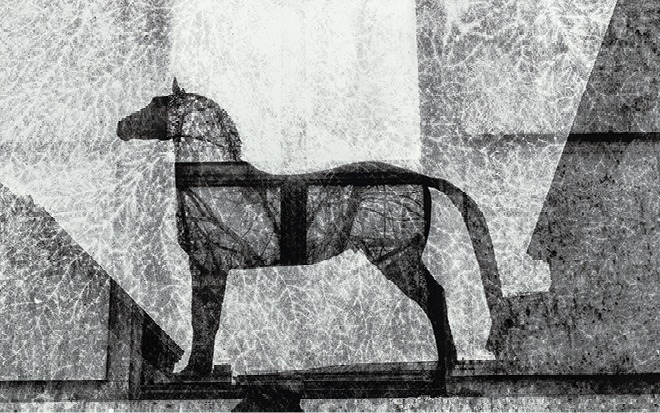
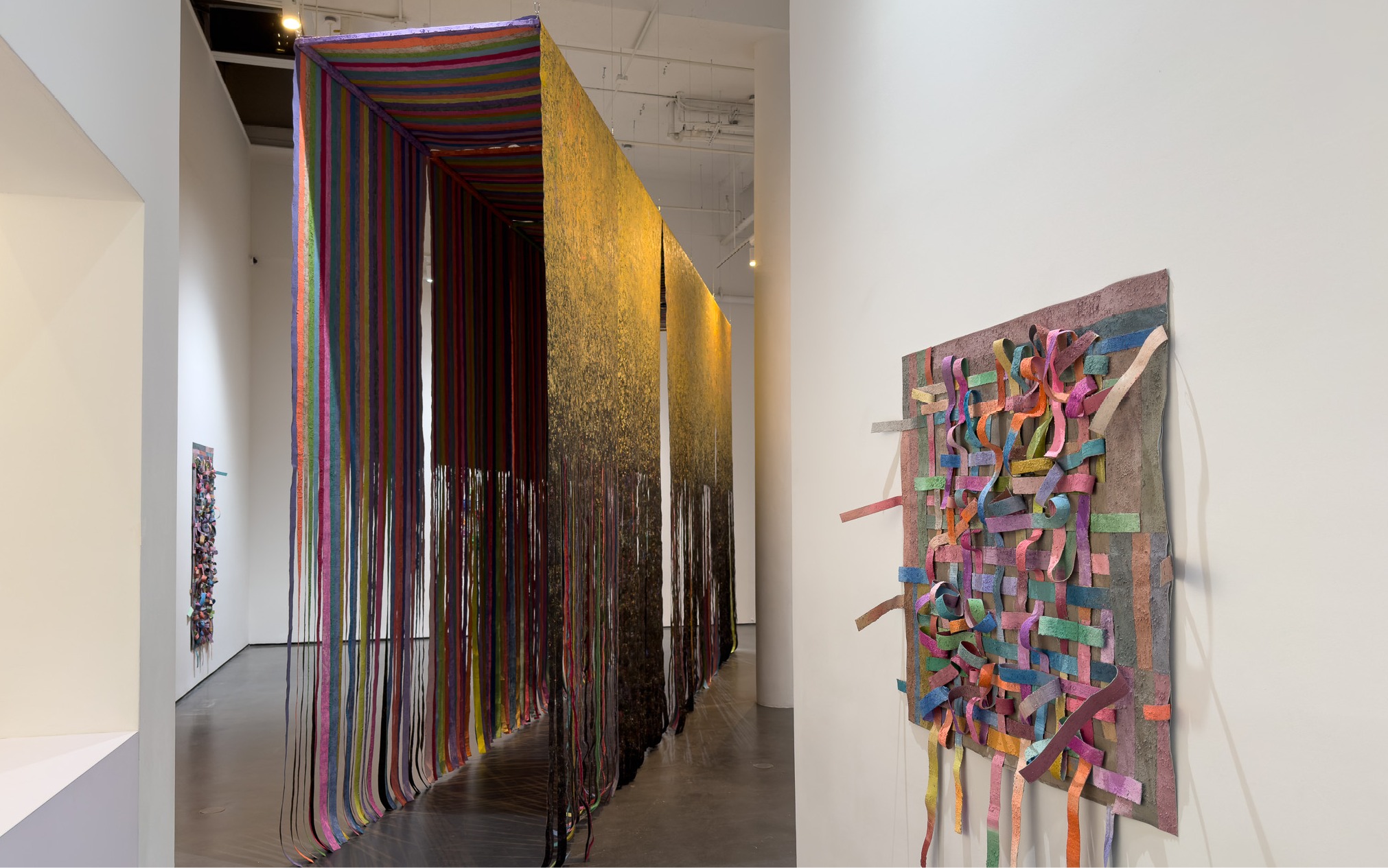
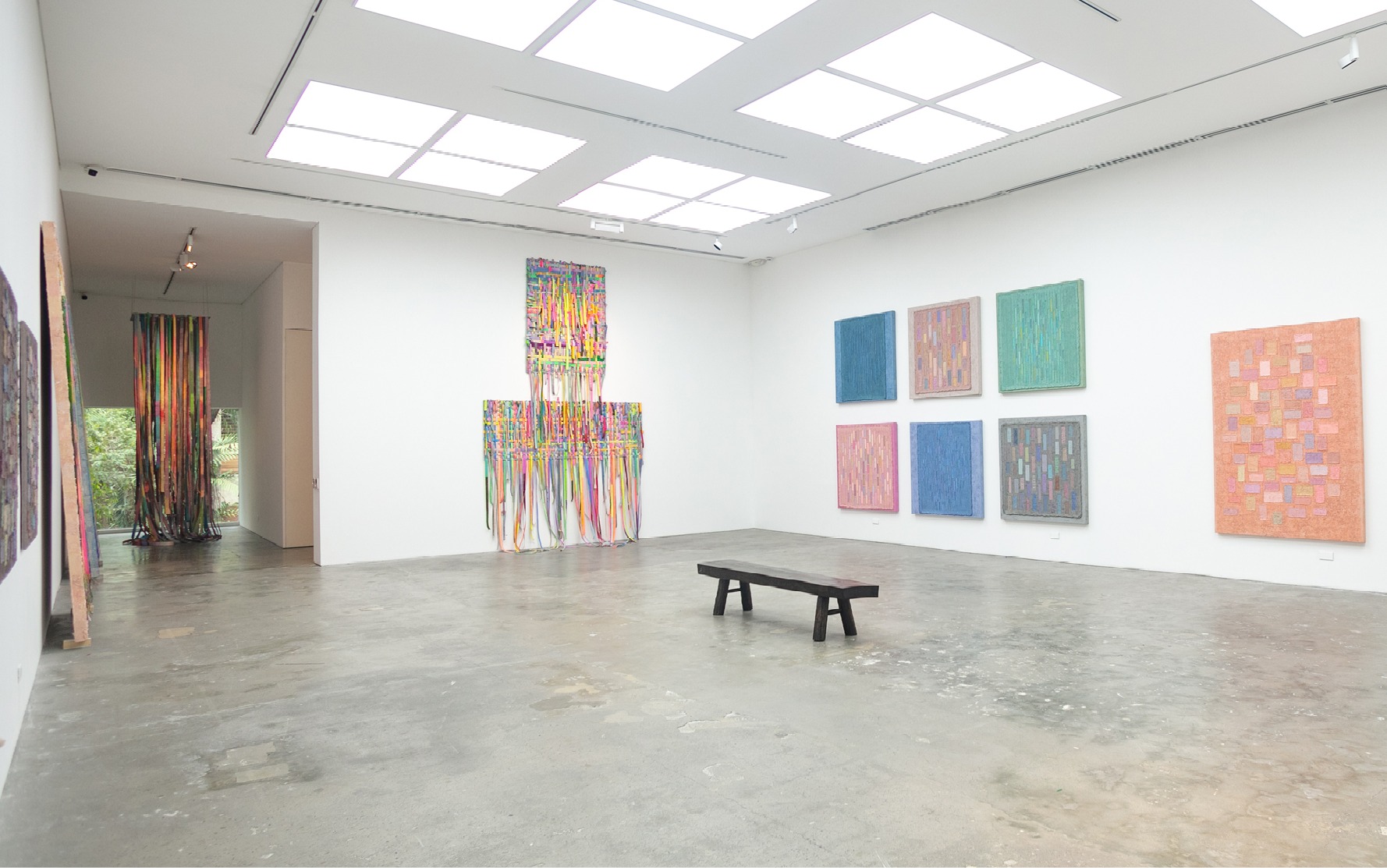
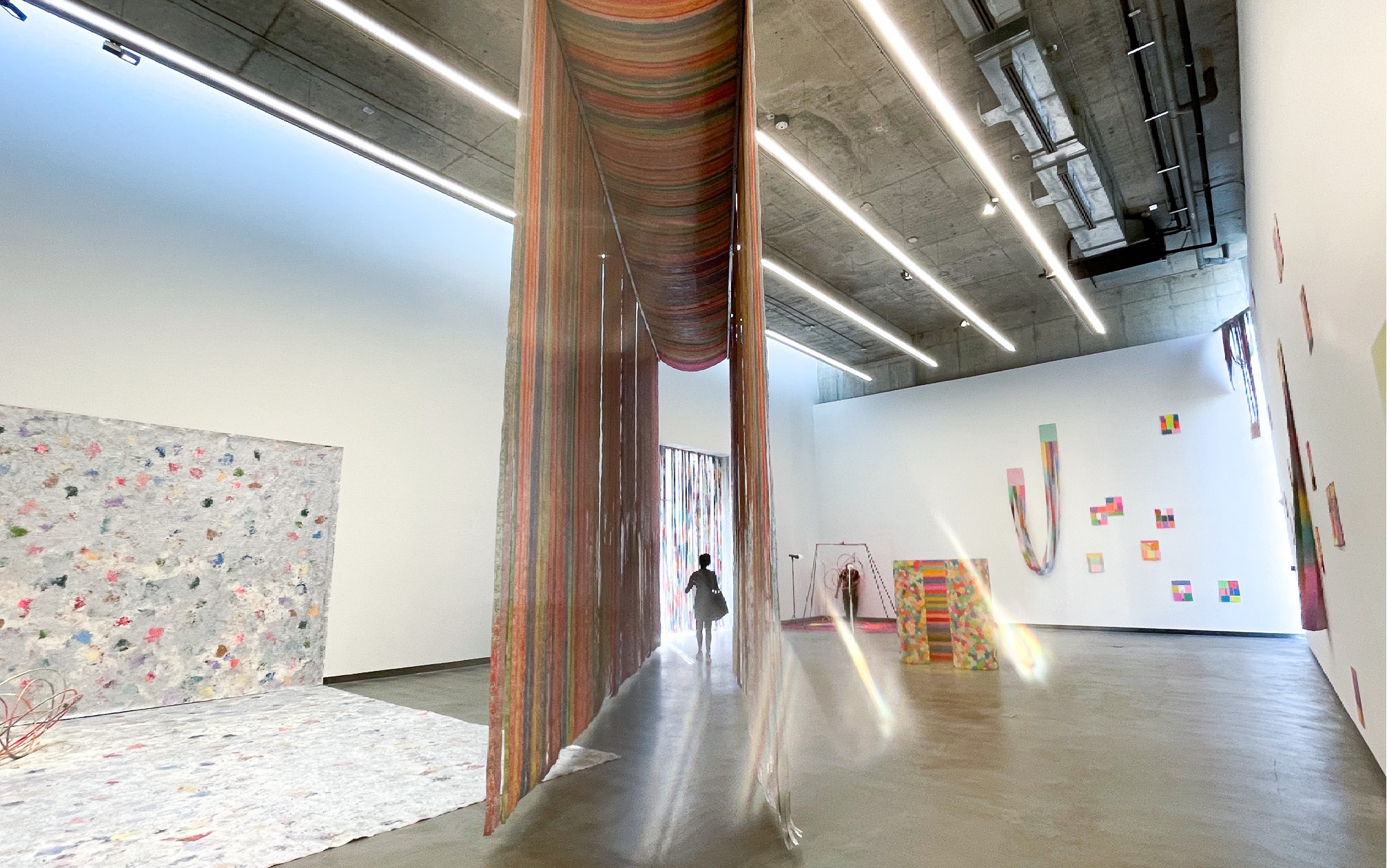

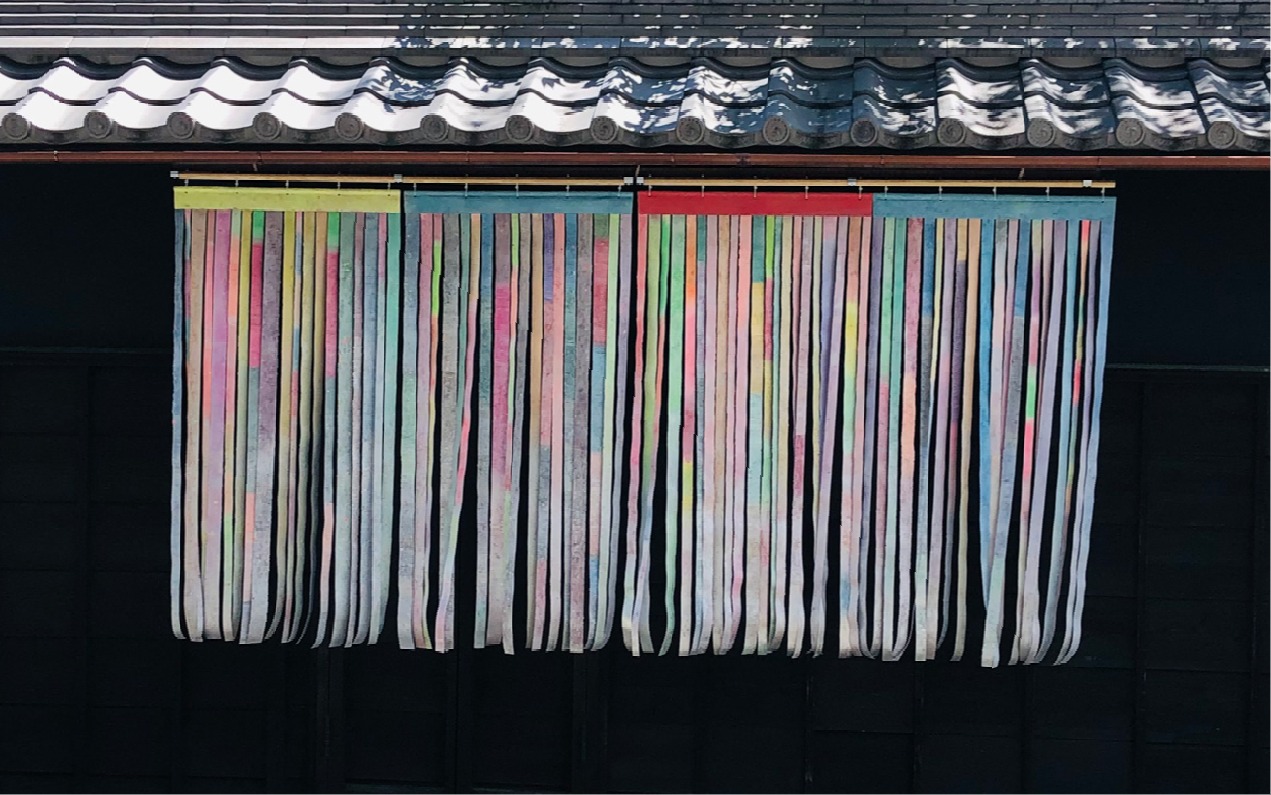
.©-Ikon-Gallery.-Photographer,-Stuart-Whipps.31-1646275168.jpg)
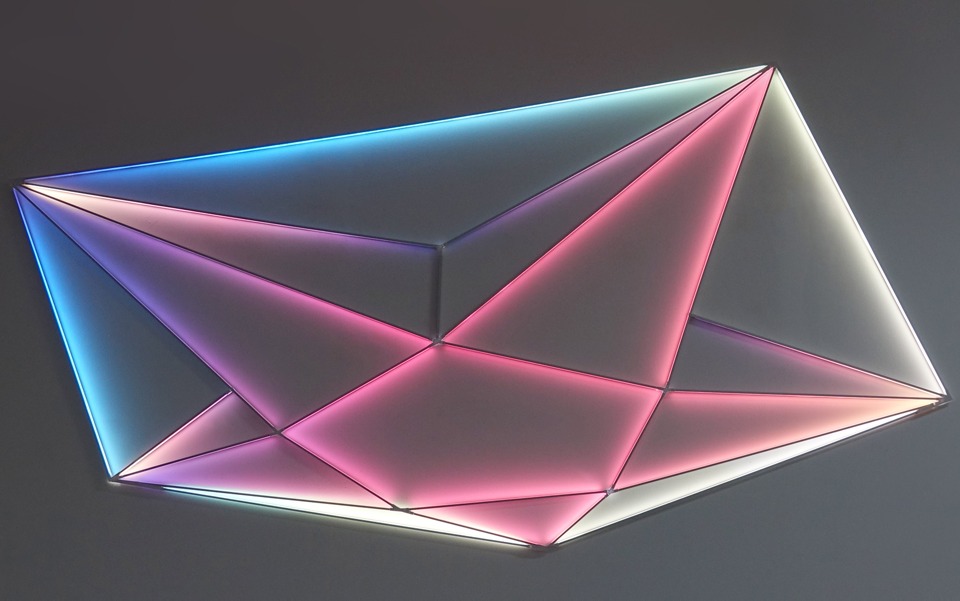
 II, 2021_acrylic on canvas SPI_DG236-1642323420.jpg)
